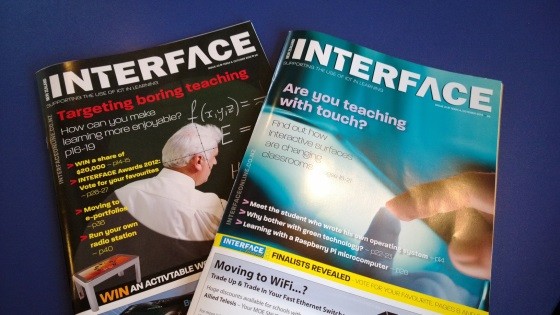freitasm: Attended a potluck dinner at Bella's school today and saw some interesting magazines in the staff room...
In recent times I've wondered about the true effectiveness of applying gamification techniques/principles to learning. Which, rightly or wrongly, seems to be a lead many education professionals are following - doing the dopamine thing. It works for the video game industry, so why not for education?
Do kids really learn if educational content is delivered as a "fun" (subjectively speaking) activity?
From personal experience, when Mathletics was introduced it did improve basic numeracy (addition/substraction) with a few of the senior primary kids - which is a good thing. However, they seemed to be "stuck" at that basic level. Possibly, because the global recognition system only catered for very basic numeracy at the time.
Mathletics is actually quite a helpful learning tool. But, only if you continue with the other more advanced threads, and have a parent/tutor who can guide you through them (note: unfortunately, no the teachers weren't much help at all beyond basic numeracy; not a dig - just saying in case people were wondering).
Interestingly, one of the basic numeracy champions was/is also an avid gamer.
I still believe that interactive CBT learning can be effective if implemented well ($64,000,000 question). It depends greatly on the content, delivery, and support of the learning in question. I thought the younger aged Reader Rabbit games were awesome. The sad thing is, beyond a fairly rudimentary level there are very few (if any) games with the same effectiveness.
Unashamed Plug: I can recommend Spacechem for chemistry. DragonBox gets good write ups for basic algebra.



